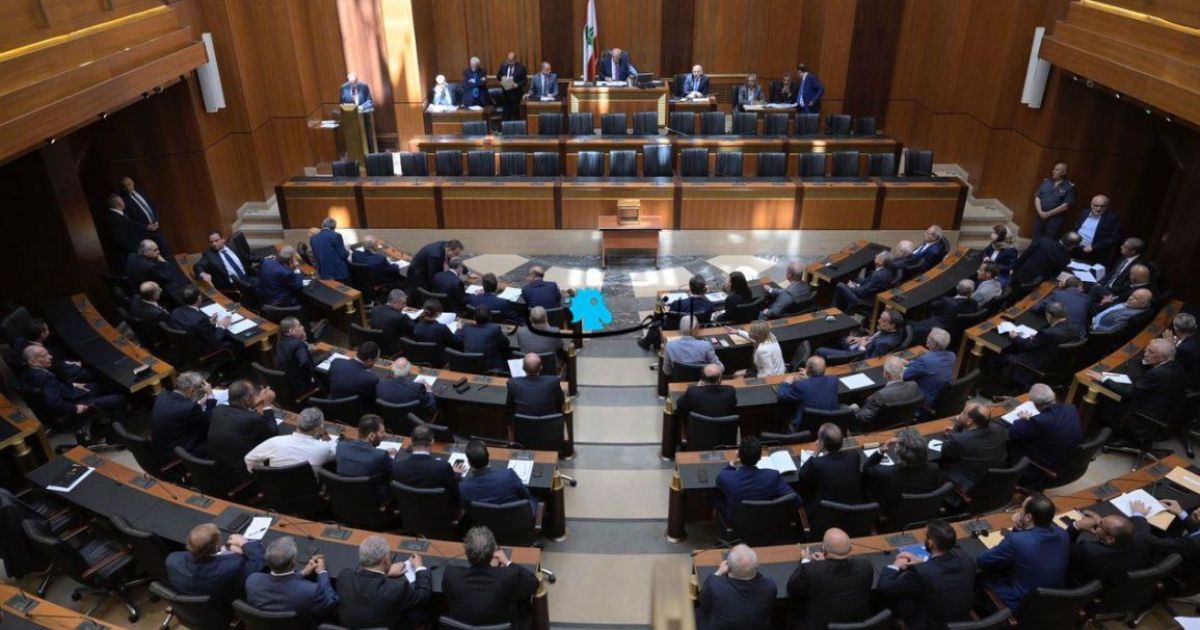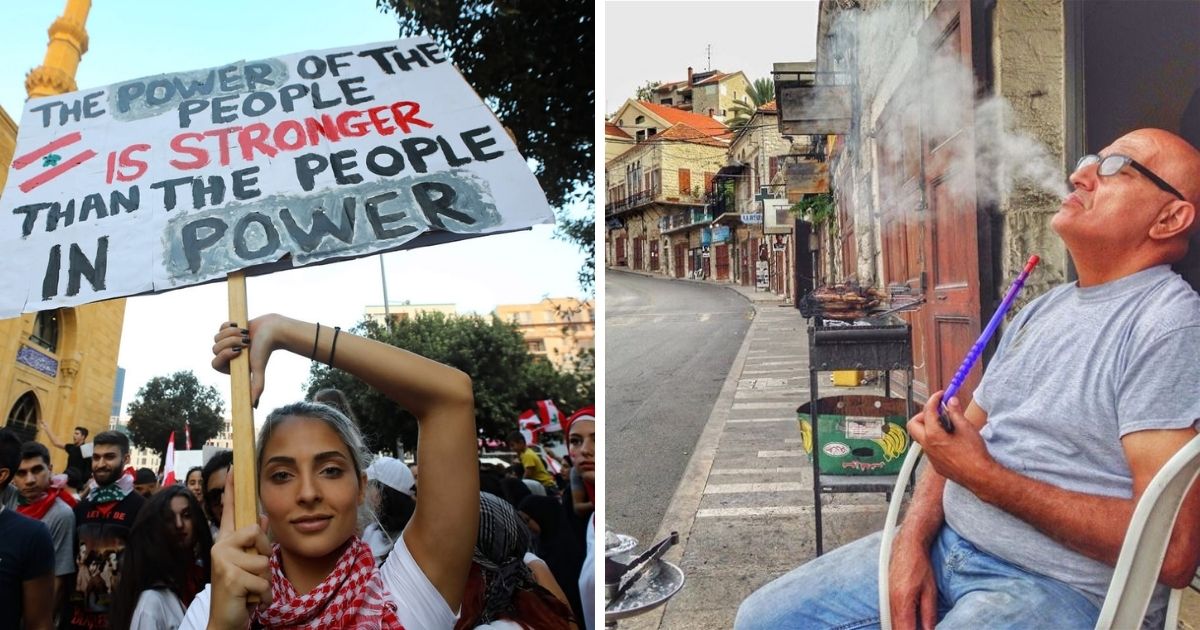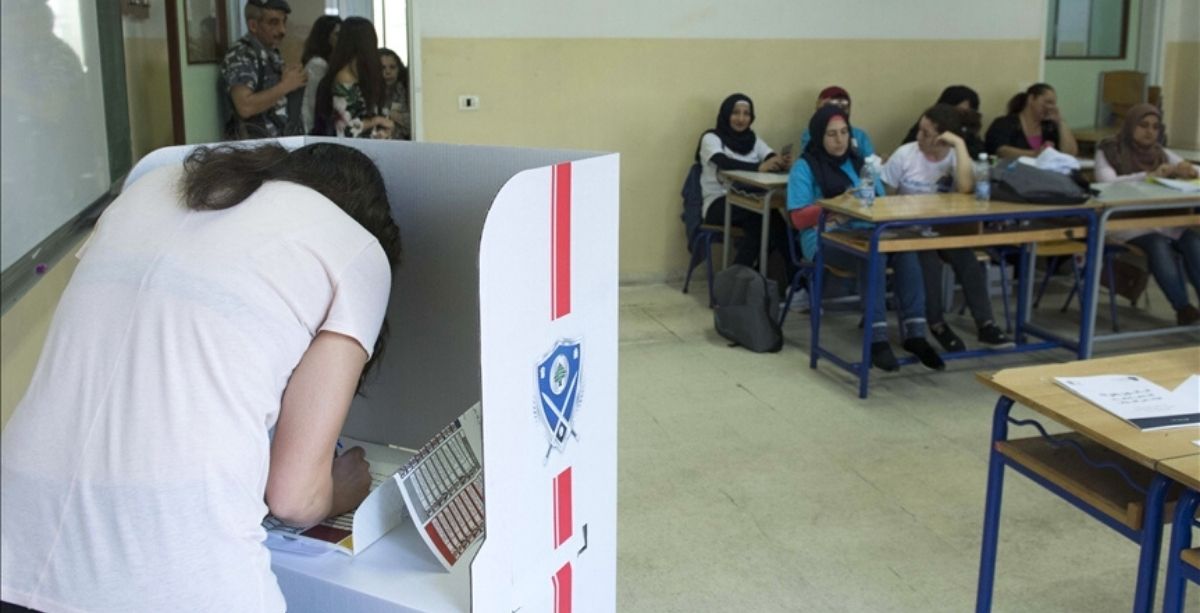Lebanon is set to hold its next general elections in 2022 amidst political instability, social unrest, and an unprecedented economic crisis.
Created following a bloody civil war that lasted a decade and a half, the Lebanese electoral system is a rather complex one that revolves around sects in the distribution of parliamentary seats.
This is what you need to know about this system.
A Confessional Electoral System
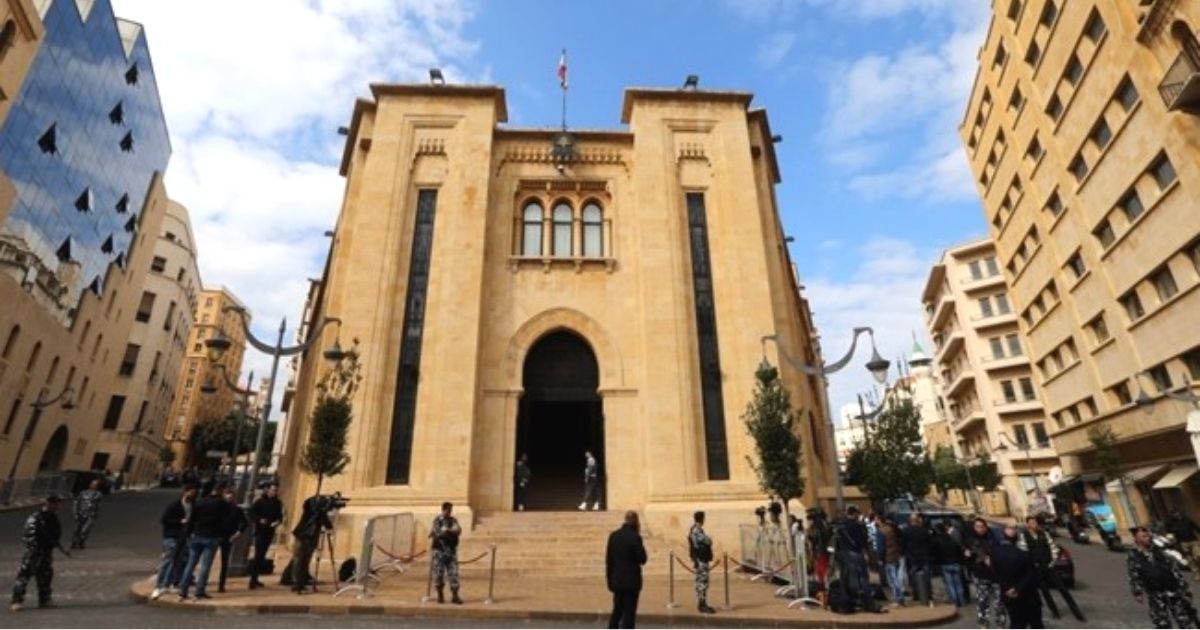
Though it has seen various changes over the past three decades, Lebanon’s electoral system has kept roughly the same elements since the end of the Lebanese Civil War (1975-1990).
Introduced with the birth of the Taif Agreement that paved the way to ending the war, the system stipulates that general elections are to be held every four years.
Constitutionally, in line with the said agreement, the Lebanese Parliament’s 128 seats are allocated by religious affiliation: 64 go to Muslims, and 64 go to Christians.
Further, the seats are distributed among the 18 officially recognized religious sects in the country.
In accordance with the electoral law passed by Parliament in 2017, the general elections take place across 15 multi-member constituencies, 7 of which are divided into two or more minor constituencies.
The aforementioned 128 seats are distributed across the electoral districts of Beirut I, II, III; Bekaa I, II, III; Mount Lebanon I, II, III, IV; North I, II, III; and South I, II, III, according to the same law, as follows:
- Christians: 64
- Maronite Catholic: 34
- Eastern Orthodox: 14
- Melkite Catholic: 8
- Armenian Orthodox: 5
- Armenian Catholic: 1
- Protestant: 1
- Other Christian Minorities: 1
- Muslims: 64
- Sunni: 27
- Shia: 27
- Druze: 8
- Alawite: 2
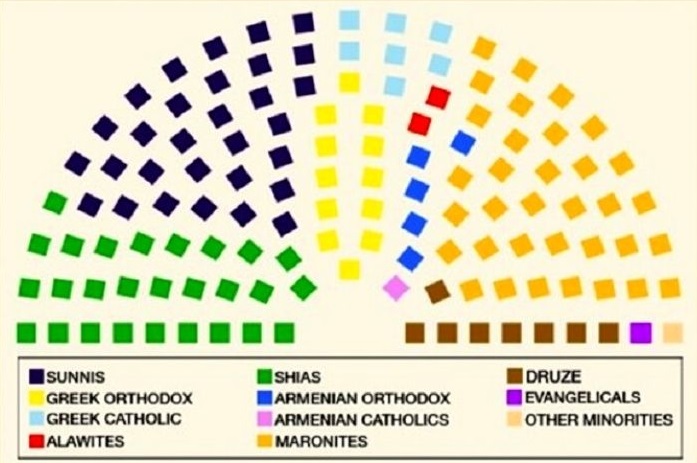
It’s worth noting that the distribution is not exactly even across the different electoral districts. In other words, not all sects have seats in all areas.
For instance, as per the 2017 electoral law, in Mount Lebanon I (Byblos-Keserwan), seven seats are allocated for Maronites, whereas none are allocated for Druze in that region.
On the other hand, Druze have one seat in Beirut II (West Beirut), where Maronites have none. The same is true across the remaining districts and sects.
All candidates are supposed to be organized in lists 40 days before election day at the latest.
Each list of candidates must include at least 40% of the number of seats in an electoral district, with no less than 3 seats, provided that it includes at least 1 seat from each minor constituency in districts that are composed of more than 1 minor constituency.
Voting & the Electoral Process
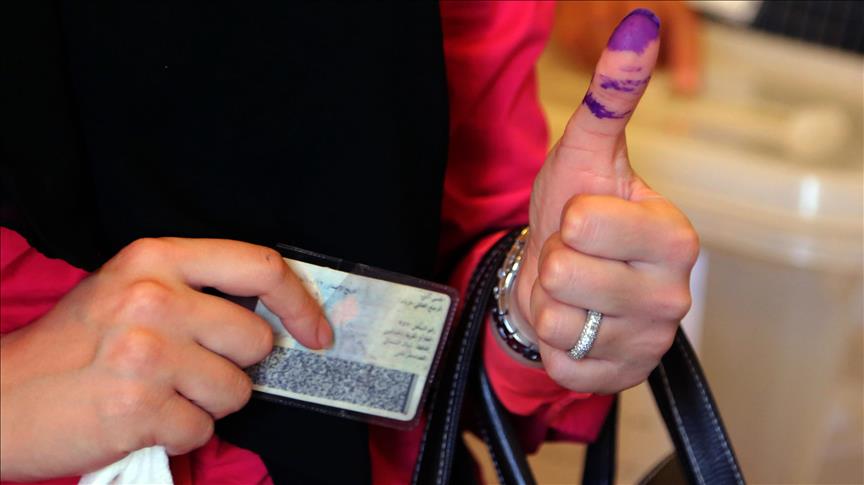
The elections take place on a single day (always a Sunday) for all electoral districts, within the last 60 days before the end of the incumbent Parliament’s term. The process starts at 7 AM and ends at 7 PM.
All Lebanese citizens aged 21 and over have the right to vote in the general elections. The 2017 electoral law stipulates the adoption of the magnetic electoral card in the electoral process.
Each electoral district is divided by a ministerial decision into several polling stations, depending on the size of each village, such that a village whose total number of voters is between 100 and 400 typically gets one polling station.
A voter may only vote for a single candidate list and optionally cast a preferential vote for a candidate from the same list, within their minor constituent.
When the electoral process is over, polling stations are closed and the ballots are counted, such that each ballot is opened individually and its vote and the preferential vote (when applicable) are read out by the heads of each polling station.
After the results are submitted by polling stations and finally received by the higher registration committee of an electoral district, the latter reviews the results before announcing them in the presence of that district’s candidates or their representatives.
The results are then sent to the Interior Ministry, which proceeds to announce the final results of the elections to the public.
Voting Abroad & New Expatriate Seats

Expatriate Lebanese voted in Lebanese general elections for the first time in May 2018, when more than 80,000 Lebanese nationals in 39 countries cast their votes.
The right of expatriates to vote was recognized in the 2017 electoral law, which enables Lebanese abroad to vote at polling stations at embassies, consulates, or other locations determined before election day.
To participate in the electoral process, eligible expatriates are required to register their names upon the request of the Lebanese diplomatic mission in their country of residence.
After the embassies and consulates send the registered names to the Directorate-General of Personal Status in Lebanon, the latter creates independent electoral lists for each embassy or consulate, provided that the total number of voters per polling station is no less than 200.
One or more polling stations are then designated for each embassy or consulate, such that one station is required for every 400 voters.
The electoral process abroad takes place at least 15 days before the election day in Lebanon, starting at 7 AM and ending at 10 PM.
After voting closes, the ballots are counted and the results are sent to the Central Bank of Lebanon in coordination with the Lebanese Foreign Ministry.
When the electoral process is finished in Lebanon later on, the expatriate voting results are sent to the higher registration committee of Beirut to be added to local results.

It’s important to mention that Article 122 of the 2017 electoral law states:
“Six seats for non-residents shall be added to the number of members of the Chamber of Deputies to become 134 members in the electoral cycle that will follow the first electoral cycle to take place in accordance with this law.
In the subsequent cycle, six seats out of the 128 members of the Chamber of Deputies, from the same sects allocated to non-residents in Article 112 of this law, shall be reduced by a decree taken in the Council of Ministers based on a proposal by the Minister.”
For context, Article 112 allocates six non-resident seats, distributed equally between Muslims and Christians, one for each of the following sects: Maronite, Orthodox, Catholic, Sunni, Shia, Druze.


